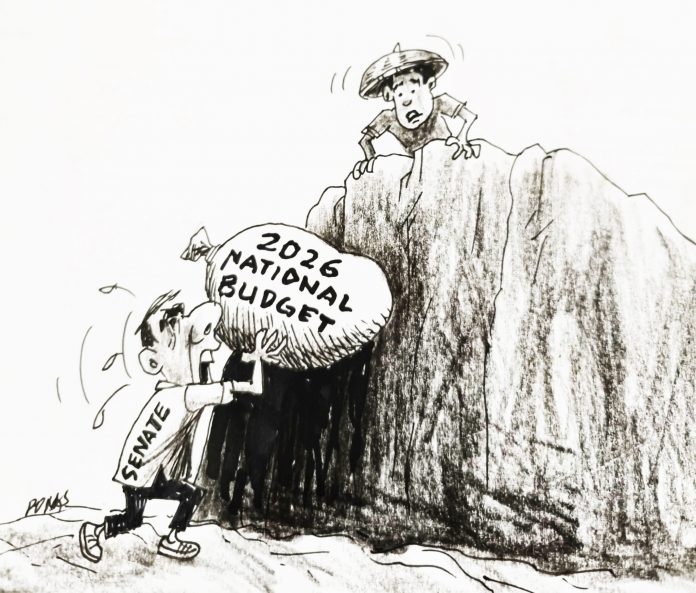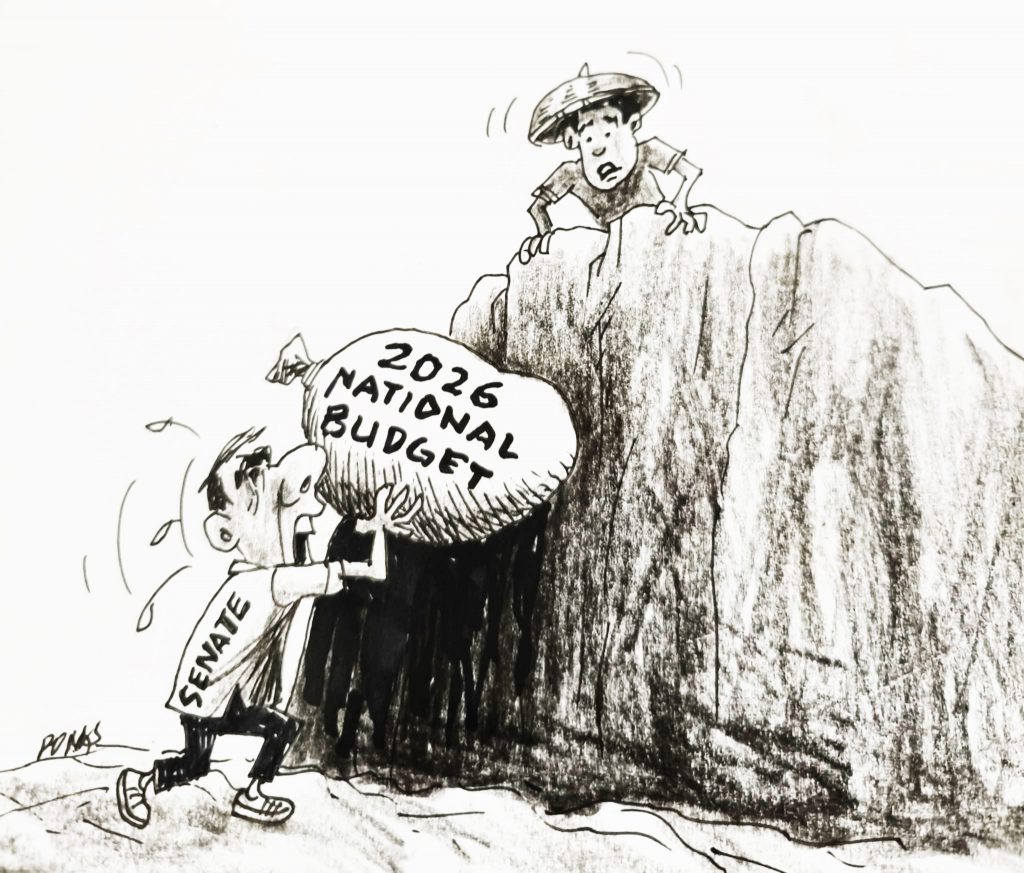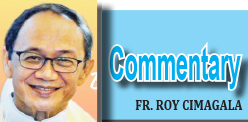
The allure of titles is undeniable. “President,” “CEO,” “Director”—these words carry weight, suggesting authority, influence, and even respect. Yet, the simple possession of a title doesn’t automatically translate into effective leadership. In fact, a title can sometimes be a mask, hiding a lack of genuine leadership qualities and even fostering a sense of entitlement that actively hinders progress. True leadership transcends titles; it’s a demonstration of character, competence, and commitment, qualities that are earned, not bestowed.
The common misconception that a title equals leadership stems from a hierarchical understanding of organizations. Traditional structures often emphasize top-down authority, where individuals holding senior positions are assumed to be leaders by default. This assumption, however, overlooks the crucial distinction between positional authority and genuine leadership. Positional authority comes with the title; it’s the power granted by an organization’s structure. Leadership, on the other hand, is earned through actions, influence, and the ability to inspire and motivate others.
Consider the “Peter Principle,” a widely recognized observation that individuals in a hierarchy tend to be promoted until they reach their level of incompetence. This principle highlights the inherent risk of promoting someone solely based on their performance in a previous role, without assessing their leadership capabilities. A highly skilled individual in a technical role might excel at their job, but that doesn’t automatically qualify them to lead a team, manage projects, or navigate complex organizational dynamics. Their title might say “Manager,” but their actions might demonstrate a lack of leadership skills, leading to team dysfunction and ultimately, failure.
Furthermore, titles can create a false sense of security and entitlement. Individuals who believe their position alone grants them leadership might become complacent, neglecting the essential qualities that truly inspire and motivate others. They might fail to actively listen to their team, dismiss dissenting opinions, or prioritize personal gain over collective success. This behavior erodes trust, diminishes morale, and ultimately undermines the very essence of leadership. The title becomes a shield, protecting them from accountability and preventing genuine connection with those they are supposed to lead.
True leaders, however, are defined by their actions, not their titles. They demonstrate empathy, understanding the needs and concerns of their team members. They actively listen, seeking diverse perspectives and valuing input from all levels. They foster collaboration, creating an environment where individuals feel empowered to contribute their best work. They lead by example, demonstrating integrity, accountability, and a commitment to excellence. They are not afraid to admit mistakes, learn from failures, and adapt their strategies as needed. They inspire through their actions, not just their words.
Think of historical figures who led without formal titles. Nelson Mandela, Mahatma Gandhi, and Martin Luther King Jr. all led movements of profound social change without the backing of official positions. Their leadership stemmed from their unwavering commitment to their ideals, their ability to inspire and mobilize others, and their unwavering dedication to their causes. Their legacies are a testament to the power of genuine leadership, a power that transcends the limitations of titles.
In the modern workplace, the importance of genuine leadership is more critical than ever. In a rapidly changing environment characterized by complexity and uncertainty, organizations need leaders who can adapt, innovate, and inspire their teams to navigate challenges and achieve ambitious goals. Focusing solely on titles risks overlooking the individuals who possess the essential qualities of leadership, individuals who can inspire, motivate, and guide their teams toward success. Investing in leadership development, fostering a culture of collaboration, and recognizing leadership potential regardless of title are crucial steps in building strong, resilient, and thriving organizations. The true measure of leadership lies not in the title on a business card, but in the impact on the lives and work of others. It’s a testament to character, competence, and a commitment to collective success—qualities that are far more valuable than any title.
The Power of One Word: How a Single Term Can Boost Behavioral Change by 30%
The human mind is a complex tapestry of thoughts, emotions, and ingrained habits. Changing behavior, whether it’s adopting a healthier lifestyle, improving work habits, or breaking a bad addiction, is often a monumental task. Yet, research suggests that a seemingly insignificant element – a single word – can dramatically increase the likelihood of success. Studies indicate that the right word can boost the probability of behavioral change by a remarkable 30%. This article explores the science behind this phenomenon and delves into the practical applications of this powerful tool.
The key lies in the framing of the message. Our brains are wired to respond to certain cues and stimuli more effectively than others. Words, with their inherent connotations and emotional weight, exert a significant influence on our decision-making processes. Instead of focusing on the negative aspects of a behavior, such as the dangers of smoking or the drawbacks of procrastination, a more effective approach is to highlight the positive outcomes associated with change. This is where the power of a single, strategically chosen word comes into play.
One particularly effective word is “yet.” This seemingly innocuous term subtly reframes perceived failures as temporary setbacks rather than permanent defeats. Consider the difference between “I can’t solve this problem” and “I can’t solve this problem yet.” The addition of “yet” introduces an element of hope and expectation, suggesting that a solution is attainable in the future. This subtle shift in perspective can significantly impact motivation and persistence.
Another powerful word is “easily.” This term taps into our innate desire for effortless achievement. By suggesting that a task is “easily” accomplished, we reduce the perceived difficulty and increase the likelihood of initiating the desired behavior. This is particularly effective when dealing with tasks that are perceived as daunting or challenging. For example, instead of saying “It’s difficult to exercise regularly,” a more motivating message would be “It’s easily possible to incorporate short bursts of exercise into your daily routine.”
The choice of words also plays a crucial role in shaping our self-perception. Words like “capable” and “strong” can empower individuals and bolster their self-efficacy, the belief in their ability to succeed. Conversely, negative self-talk, filled with words like “weak” or “incapable,” can undermine motivation and lead to self-sabotage. By consciously choosing empowering language, we can create a positive feedback loop that reinforces desired behaviors.
Beyond individual words, the context in which they are used is equally important. A single word embedded within a larger narrative can have a profound impact on its persuasiveness. For example, a public health campaign promoting healthy eating might use the word “delicious” to associate healthy food with positive sensory experiences. This positive association can override pre-existing negative perceptions and encourage healthier food choices.
The 30% increase in behavioral change attributed to a single word isn’t merely a matter of chance. It’s a testament to the power of language to shape our thoughts, emotions, and actions. By understanding the subtle nuances of language and strategically choosing words that resonate with our target audience, we can significantly improve the effectiveness of our communication and achieve better outcomes.
However, it’s crucial to understand that a single word is not a magic bullet. It’s a tool that needs to be used effectively within a broader strategy for behavioral change. This strategy should incorporate other elements such as clear goals, consistent reinforcement, and a supportive environment. The single word acts as a catalyst, enhancing the overall effectiveness of the change process.
In conclusion, the power of a single word in driving behavioral change is a compelling testament to the influence of language on human behavior. By carefully selecting words that emphasize positive outcomes, reduce perceived difficulty, and empower individuals, we can create more effective interventions that lead to lasting change. The 30% increase in success rates is not just a statistic; it’s a powerful reminder of the profound impact of language on our lives. Let’s harness this power to create a more positive and productive future.
————–
If you have any questions or would like to share your thoughts on the column, feel free to send an email to jca.bblueprint@gmail.com. Looking forward to connecting with you!








